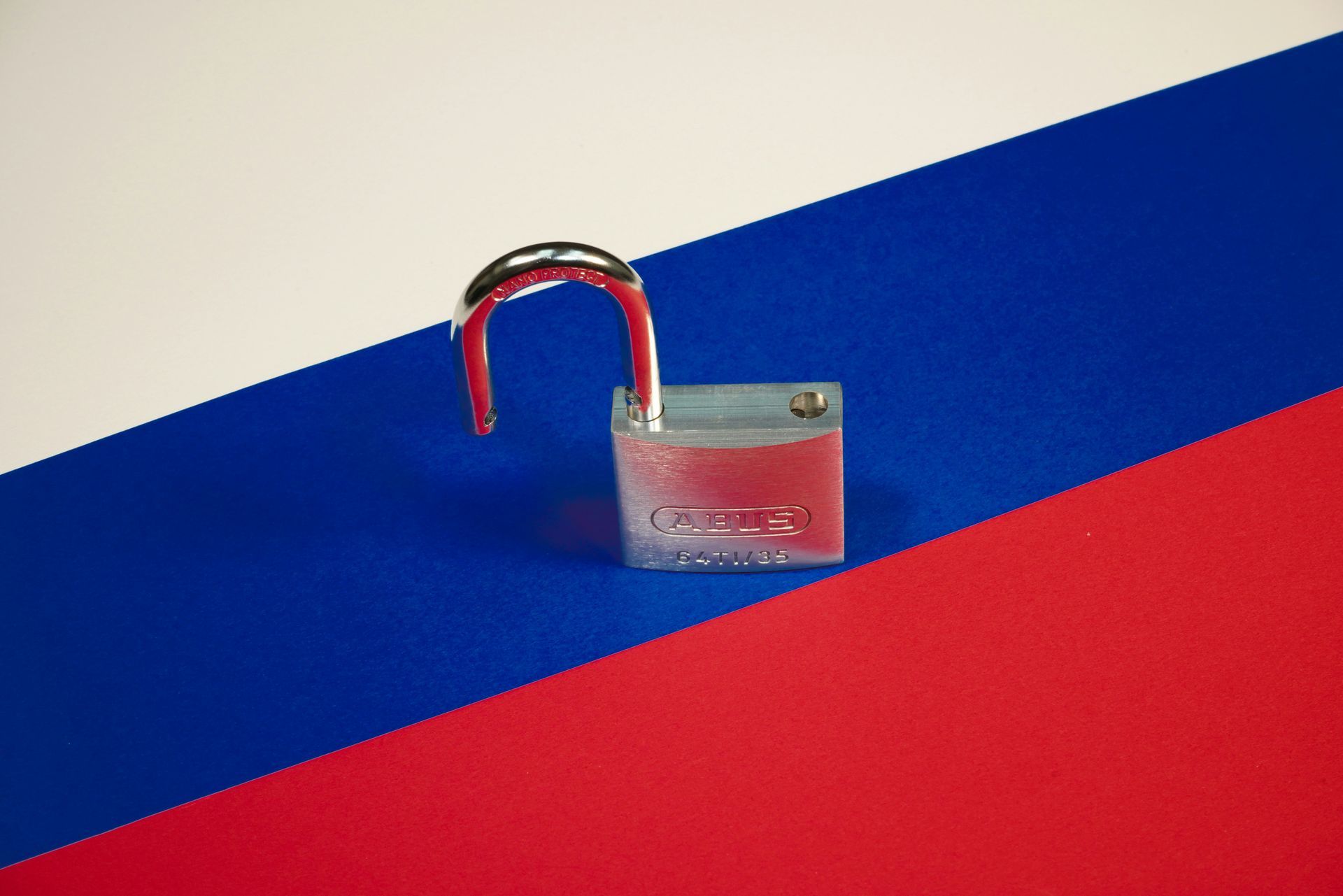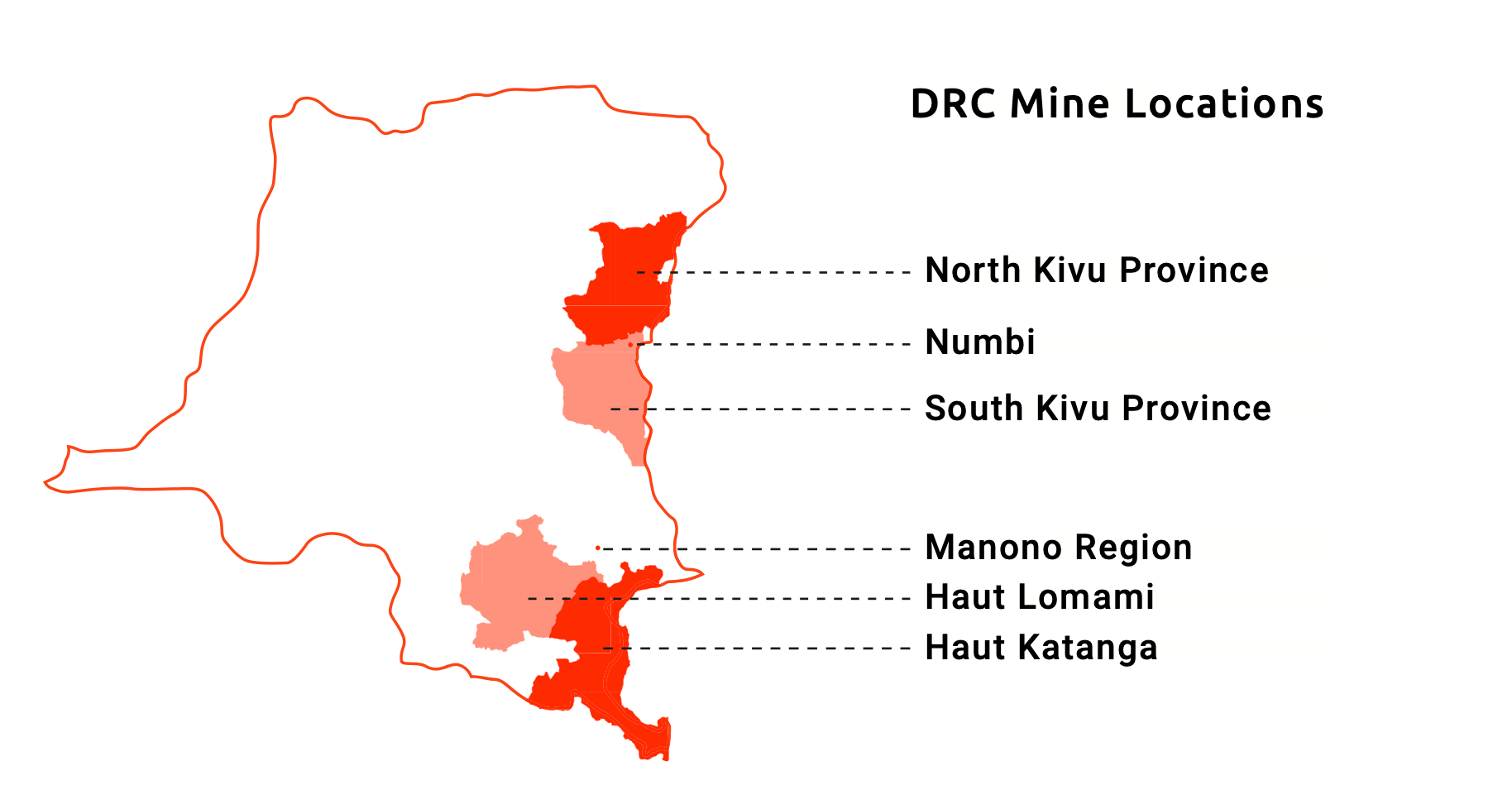How Russian companies circumvent sanctions through Turkey and the UAE
Russia remains under heavy sanctions from the U.S., EU, and other allies because of its invasion of Ukraine. These measures aim to cut Moscow off from the advanced technology and equipment it needs to sustain its defense and industrial base. Yet Russian companies continue to source critical goods by moving them through third countries.

Turkey and the United Arab Emirates (UAE) are two of the most important business hubs that enable Russian companies to circumvent international sanctions.
In Turkey, one such example is Enütek Makina, a company based in Istanbul. Enütek was founded by former French partners of the Russian defense supplier Promtech. When Promtech lost direct access to European products due to sanctions, Enütek became its new supply channel. In 2023, Enütek sent more than seven million euros’ worth of goods to Russia. These included semiconductors, heat-resistant sensors, connectors, and precision measuring instruments — all items that Promtech needed for aerospace and defense projects. Although Enütek officially lists office machinery as its business, its primary role has been to maintain Promtech's connection to global suppliers.
Other Turkish firms have also been implicated. Azint Elektronik was sanctioned by the United States for supplying integrated circuits to Russia. Smart Techno Group was sanctioned for shipping tantalum capacitors, a small but vital component for military-grade electronics. In 2024, several other Turkish firms — including Belluga Trading, ETASIS, IDA Elevator, and LSS Global — were added to sanctions lists. These companies were accused of supplying machine tools, heavy industrial hardware, and logistics services to Russia. Many of these firms were only recently established, underlining how quickly new intermediaries can be set up to meet Russian demand.
In the UAE, similar patterns have been observed. Flavic, a company based in Dubai, was sanctioned for importing and exporting aviation equipment to Russia, including spare parts for planes. Another company, Polarstar, acted as a logistics partner for Russia’s S7 Airlines, moving goods between Russia and the Emirates. Earlier examples include Aeromotus LLC and Hulm Al Sahra LLC, both of which were sanctioned for sending drones, semiconductors, and optical equipment to Russia. Dubai’s free trade zones, with limited transparency on ownership and re-exports, have made it easier for such firms to operate.
The result of these practices is a steady flow of restricted goods into Russia through front companies.
Not a marginal issue
UAE exports of electronic components to Russia grew more than sevenfold in 2022, reaching almost USD 283 million. Exports of microchips alone rose from USD 1.6 million in 2021 to USD 24.3 million in 2022.
Turkey has seen similar increases. In the first nine months of 2023, Turkish exports of dual-use goods to Russia reached USD 158 million, three times higher than the same period a year earlier. These figures highlight that the parallel supply channels are significant in size and critical for Russia’s military and industrial needs.
Because of this reality, both Turkey and the UAE have come under growing pressure from the United States and Europe.
In early 2023, Turkey blocked the transit of some EU-origin goods to Russia and required that importers clear them through Turkish customs before re-export, making it more expensive and less straightforward to move restricted goods. By late 2023, Turkish exports of dual-use items to Russia had fallen to their lowest levels since the invasion.
The UAE has also made adjustments. In March 2023, the Emirati authorities revoked the license of Russia’s MTS Bank, just weeks after it was sanctioned by the U.S. and UK.
Banks in Dubai and Abu Dhabi have since tightened their compliance checks, with Russian companies reporting frozen accounts, delays, and extra scrutiny on transfers. The UAE has also promised to limit re-exports of certain dual-use goods and has introduced stricter due diligence requirements for banks and companies operating in free zones.
What does it mean for business?
For international businesses, the persistence of these networks presents serious risks.
Legal risks are high: firms that are found to have indirectly supplied Russia with restricted goods may face fines, loss of export licenses, or even prosecution.
Financial risks include blocked payments, frozen transfers, or the loss of access to international banking channels. Reputational risks are significant: companies can suffer lasting damage if their products are discovered in Russian military systems. Operational risks also emerge when shipments are seized or delayed by authorities suspicious of diversion.
There is also the risk of secondary sanctions. Western governments are increasingly willing to sanction companies in third countries if they are seen as frustrating the intent of existing measures. Several Turkish and Emirati firms have already been added to the U.S. and EU blacklists for this reason.
Because sanction evasion relies on complex supply chains and hidden ownership, a detailed approach is essential for businesses that want to foresee reputational and legal risk before it's too late.
Mapping of supply chains and product movements can reveal sudden spikes in exports to Turkey or the UAE in product categories previously sold directly to Russia. It can also uncover newly registered firms with opaque ownership structures or unusual trade patterns.
Pre-sanctions monitoring can also be used to predict potential problematic connections in one's network and act swiftly to remove them.
By applying these tools, businesses can identify risks before entering into contracts or shipping goods. As enforcement grows stricter and secondary sanctions expand, companies must strengthen their compliance systems and take a proactive approach to identifying and closing off these risks.



